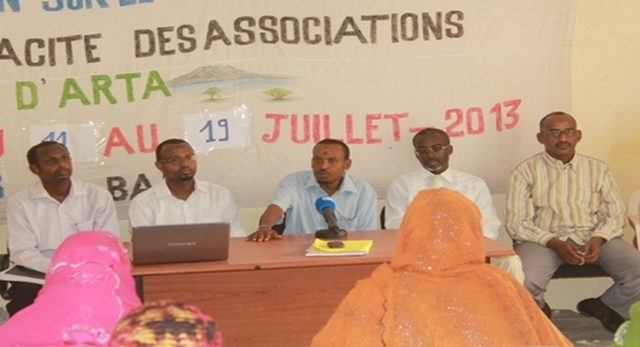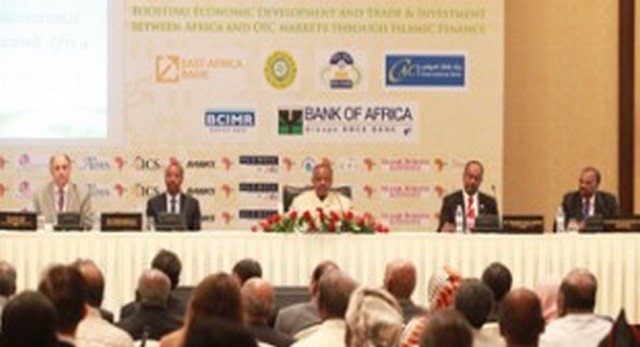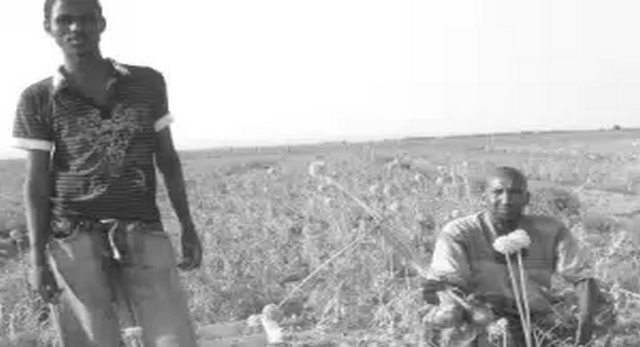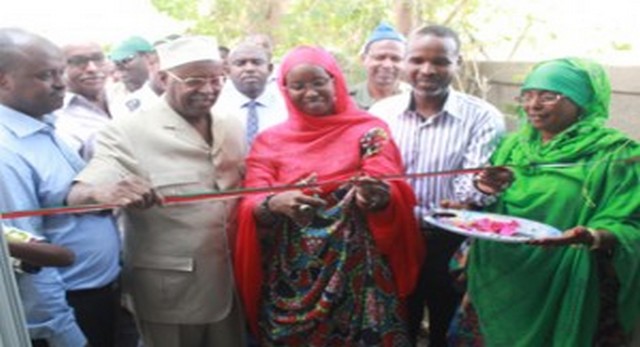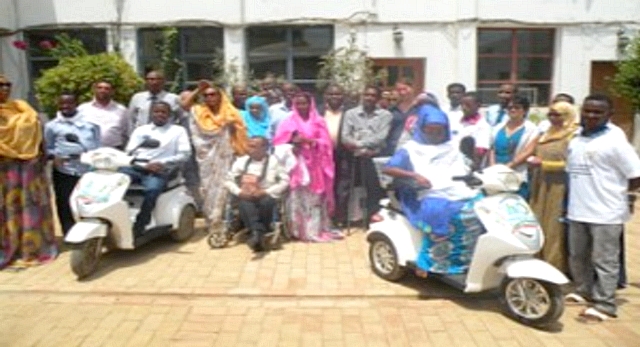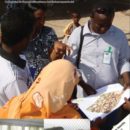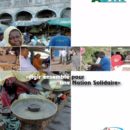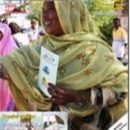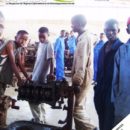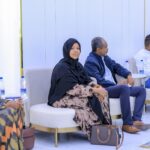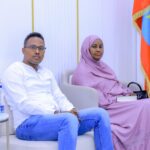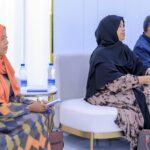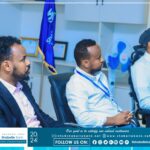The Secretary General of the Ministry of Social Affairs and Solidarity, Ifrah Ali Ahmed, and the Secretary General of the State Secretariat in charge of Decentralization, Mohamed Issa, jointly chaired yesterday at the People’s Palace a training workshop for facilitators of the ADDS on DCC (Community Driven Development) relating to the PITCH project (Integrated Cash Transfer and Human Capital Building Project). This was attended in particular by the presidents of the regional councils of the five interior regions, the person in charge of the ADIL project, community animators and senior ADDS executives.
The integrated cash transfer and human capital strengthening project (PITCH) is funded by the World Bank and is part of the vast national family solidarity program (PNSF) which aims to combat extreme poverty. Also, it helps build the capacity of community investments to have a direct impact on integrated local development.
In total, the project will invest in the realization of around 100 priority investment sub-projects in the five interior regions. These sub-projects will be carried out at the grouping sites, in particular at fifty sites of the pilot groups selected from the 104 sites set up under the project. Projects which will all be supervised by ADDS.
This project has other forms of activities involving the community, it will have a direct impact of size on the social well-being of our fellow citizens living in the interior regions, on the community, on the local economy, and on social cohesion and national stability. This is why it is important to coordinate the efforts of the government and of course direct them for success.
Indeed, the organization of this training meets a double imperative: that of periodically strengthening the skills of the agents responsible for the implementation of the DCC component of the project in the field and of promoting exchanges and dialogue between the project teams and local authorities to assess the progress of the project on the ground.
During the training, the facilitators will be trained on the steps and the different tools that will be used as part of the DCC (community-driven development) approach.


